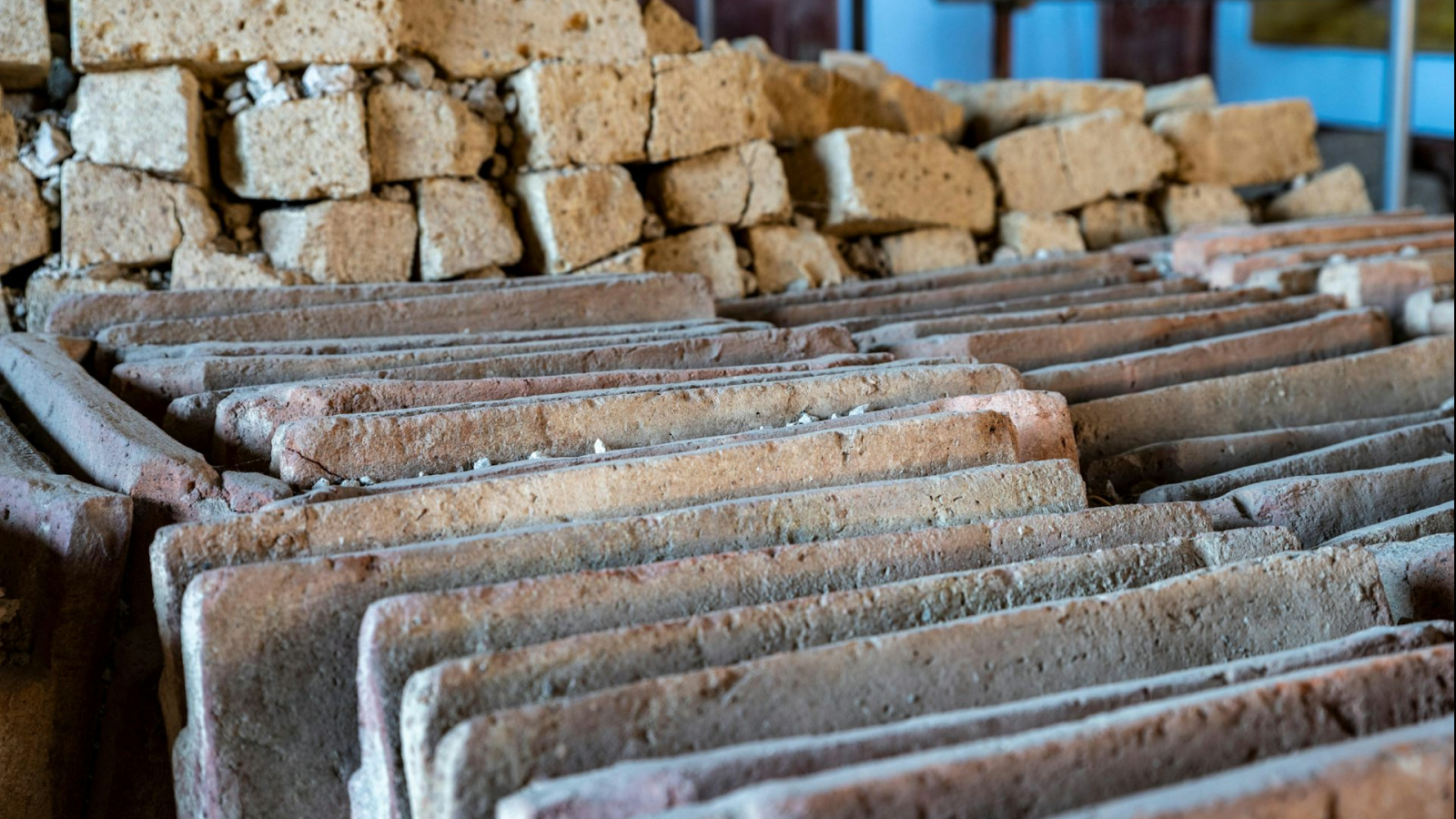How Common is Low-Back Pain?
This Week’s Question: Have you ever thrown your back out? I hear an awful lot of geezers complain about their backs. How common is back pain?
Yes, I’ve had back problems most of my adult life and I know how debilitating they are. When I was 30, I put myself in bed for a week by carrying heavy stacks of newspapers to the curb. Back problems have been a recurring problem in the decades since then.
The first attack of low back pain usually happens to people between the ages of 30 and 40. Back pain becomes more common with age.
Back pain is very common. It affects about 8 out of 10 people. This affliction incapacitates so many people and the subject is so extensive that I’m going to do a three-part series on back pain. This first one is about causes.
Back pain is more common among people who are not physically fit. Weak back and abdominal muscles may not properly support the spine. If you’re sedentary most of the time and then exert yourself on rare occasions, you are more likely to injure your back than someone who exercises daily.
If you’re carrying a big belly, you put added stress on the muscles in your low back and are a candidate for agony.
Some back pain, including disc disease, may spring from your genes. Race can have an influence, too. African-American women, for example, are two to three times more likely than white women to develop spondylolisthesis, a condition in which a bone—vertebra—of the lower spine slips out of place.
Get the world’s most fascinating discoveries delivered straight to your inbox.
Your job can be a major influence on back health. If your work requires heavy lifting or sitting all day, you risk hurting your back. Many sanitationmen and writers suffer from back troubles.
Once again, cigarette smoking is a health hazard. While smoking doesn’t cause back pain directly, it increases your risk of developing sciatica, a pain that runs down the back of your leg from spinal-disc pressure on a nerve. Smoking can block the body’s ability to deliver nutrients to the discs of the lower back.
Mechanical problems can cause back pain. Perhaps the most common mechanical cause of back pain is disc degeneration. The cushioning discs between the vertebrae of the spine break down with age. If there is stress on these compromised discs, they press against spinal nerves and you may experience what feels like a toothache in a buttock. At almost any age, an injury can force these discs to bulge or rupture causing the same kind of pain.
Spine injuries such as sprains and fractures can cause either short-lived or chronic pain. Fractured vertebrae are often the result of osteoporosis, a condition that causes weak, porous bones.
Many medical problems can cause back pain. They include scoliosis, which causes curvature of the spine; various forms of arthritis, and spinal stenosis, a narrowing of the spinal column that puts pressure on the spinal cord and nerves.
Your emotions have a major impact upon back pain. Never underestimate how they can tighten muscles and elevate your awareness of pain. I recall vividly being free of sciatica when I received some troubling news. Within minutes, I couldn’t put my left foot down because the pain in my leg was so intense.
- 5 Painful Facts You Need to Know
- Top 10 Useless Limbs
- 7 Solid Health Tips That No Longer Apply
The Healthy Geezer column publishes each Monday on LiveScience. If you would like to ask a question, please write fred@healthygeezer.com. © 2010 by Fred Cicetti.


